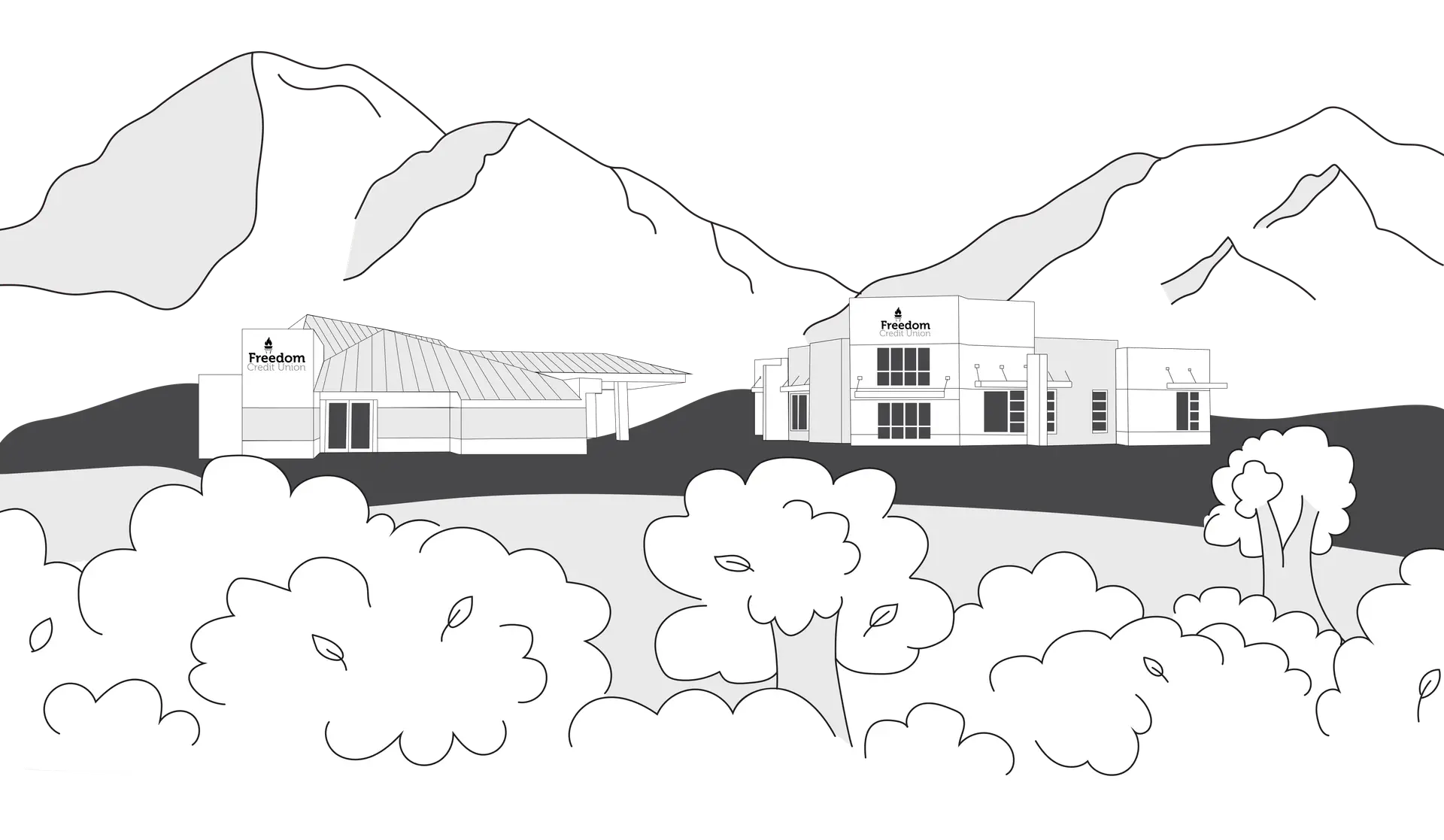Debt can feel like a constant pressure. Credit cards, medical bills, personal loans, all with different balances, due dates, and interest rates. If you’re juggling multiple payments each month and struggling to make sense of it all, you’re not alone.
When you hear the phrase “consolidate debt,” think of it as a way to bring order to the chaos. It’s about combining multiple debts into one, usually with a lower interest rate and a single monthly payment that fits more comfortably into your budget.
This is your guide to understanding what debt consolidation means, how it works, and how it can help you take back control of your financial life.
What Is Debt Consolidation?
Debt consolidation is the process of merging several debts into one new loan, ideally with a lower interest rate, predictable payment schedule, and a clear path to becoming debt-free.
If you’re tired of paying five different bills to five different companies each month, consolidation lets you roll everything into a single monthly payment. It simplifies your finances and may reduce the total amount you pay over time.
Why Do People Consolidate Debt?
Consolidation might make sense if you:
-
Feel overwhelmed by managing multiple payments
-
Are stuck with high-interest credit cards
-
Want to lower monthly costs
-
Need a realistic plan to get out of debt
-
Hope to improve your credit score over time
It’s not just about numbers. It’s about peace of mind, finally feeling like your money is working for you instead of against you.
A Closer Look: Real-Life Examples
Emily’s Credit Card Balances
Emily had three credit cards:
-
Card A: $3,000 at 22% interest
-
Card B: $2,500 at 19% interest
-
Card C: $1,200 at 25% interest
Each month, she made minimum payments, but the balances barely moved. Most of her money was going toward interest.
She decided to consolidate her $6,700 into a personal loan with a fixed interest rate of 11.5% APR over 36 months. Now she makes one monthly payment that’s lower than the combined minimums, and she knows exactly when she’ll be debt-free.
Juan and María’s Medical Bills
Juan and María were paying off several medical bills after a family emergency. Between different due dates and payment portals, things got stressful fast.
By using a debt consolidation loan, they were able to combine those balances into one manageable payment. Now, they can focus on moving forward with a payment plan that fits their monthly budget and a clearer picture of their financial future.
Plus, they worked with a bilingual lending specialist who helped them understand each step along the way, without confusion or pressure.
How Debt Consolidation Works
If you’re thinking about consolidating your debt, here’s how the process typically goes:
1. Gather Your Debts
Start by making a list of all the debts you’d like to consolidate: credit cards, personal loans, medical bills, and more.
2. Apply for a Personal Loan
You’ll apply for a loan that covers the total of those debts. The loan gives you a lump sum that you use to pay off your existing balances. We’re more than happy to walk you through this process if needed.
3. Start Fresh
Once your previous debts are paid off, you’ll make one fixed monthly payment on your new loan. Often with a better rate and more manageable terms.
What Kinds of Debt Can Be Consolidated?
Most types of unsecured debt are eligible for consolidation, including:
-
Credit cards
-
Store credit cards
-
Medical bills
-
Personal loans
-
Payday loans
If you’re also dealing with secured debts (like an auto or home loan), those are handled differently, but there may still be refinancing options worth exploring.
What Are the Benefits?
Debt consolidation isn’t just about simplifying payments. It can offer real financial and emotional benefits:
✅ Easier Monthly Budgeting
You only have one due date and one payment to track. No more mental juggling.
✅ Lower Interest Rates
If you’re carrying credit card balances with interest rates over 20%, consolidating into a personal loan could save you hundreds or thousands over time.
✅ Predictable Payoff
With fixed terms, you’ll know exactly when your debt will be paid off. That kind of clarity can be a powerful motivator.
✅ Potential Credit Score Boost
As you pay off revolving debt and make consistent payments on your loan, your credit score may improve over time.
What to Consider Before Consolidating
Debt consolidation can be a great tool, but it works best when paired with a commitment to staying on track. Here are a few things to keep in mind:
-
Don’t rack up new debt. If you consolidate and then add more charges to your credit cards, you could end up in a deeper hole.
-
Check the full cost. Make sure the interest rate and loan term actually save you money over time.
-
Stick to your plan. Use the loan as a tool to build stability, not just short-term relief.
¿Hablas Español? Estamos Aquí Para Ayudarte
Si el español es su idioma preferido, Freedom Credit Union tiene personal bilingüe listo para ayudarle. Podemos explicarle sus opciones de consolidación, responder sus preguntas y guiarle en cada paso.
Consolidar sus deudas no tiene por qué ser complicado. Aquí encontrará el apoyo y el respeto que usted y su familia merecen.
Is Debt Consolidation Right for You?
This may be a good fit if:
-
You’re managing multiple debts with high interest rates
-
You’re looking for a way to simplify your monthly payments
-
You’re ready for a clear, realistic plan to become debt-free
Everyone’s situation is different, but consolidation could be the step that helps you finally feel back in control.
Ready to Simplify Your Finances?
You don’t have to manage all those debts on your own. A personal loan for debt consolidation could give you the breathing room you need and help you build momentum toward your financial goals.
Take the next step today:


